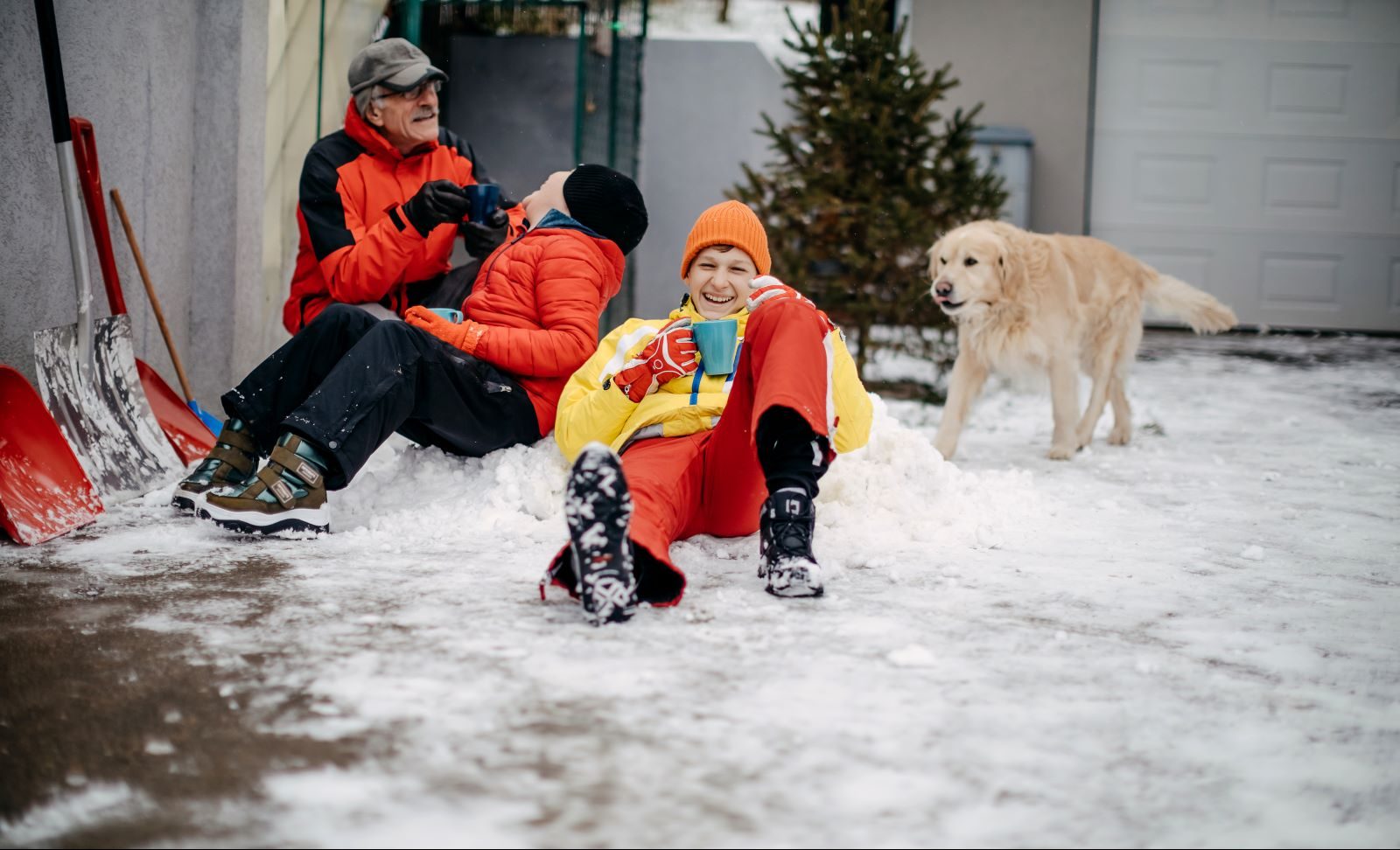Winter is almost here, and that means ice, sleet and snow – a perfect storm for slips, falls and back problems.
Here’s what you can do to prevent an injury this winter, according to two orthopaedic surgeons.
What makes people injury-prone during winter?
“Most people aren’t exercising – they’re hibernating, which leads to a deconditioning of their core muscles,” said Gerard Girasole, MD, co-medical director of Connecticut Orthopaedic Institute (COI) at St. Vincent’s Medical Center in Bridgeport. “Then if you go out and do something, such as shoveling, you risk injuring your back.”
Low back strains and disc herniations are two common resulting spine injuries, explained Robert Stockton, DO, from COI at MidState Medical Center in Meriden.
> Connect with the COI at St. Vincent’s
How do I avoid injury in winter?
When shoveling, Drs. Girasole and Stockton recommend:
- Warming up by stretching before any physical activity.
- Shoveling in stages instead of waiting until a large amount of snow has fallen.
- Lifting with your hips and knees, rather than your back.
- Pushing the snow rather than scooping and throwing it over the shoulder.
When walking in icy conditions:
- Have one foot on the ground and use the other foot to test the ground in front of you.
- Slowly advance one foot at a time as opposed to trying to walk normally.
- Watch out for black ice.
> Connect with the COI at MidState
How can I treat a back injury?
The good news is that most lower back injuries can be treated at home.
“I recommend over-the-counter NSAIDs and Tylenol. I also recommend heating pads and topical ointments for symptomatic pain relief,” said Dr. Stockton.
If the pain doesn’t go away after using over-the-counter anti-inflammatories, or if you develop nerve pain, numbness, tingling or weakness in your legs, it’s time to see your doctor.




